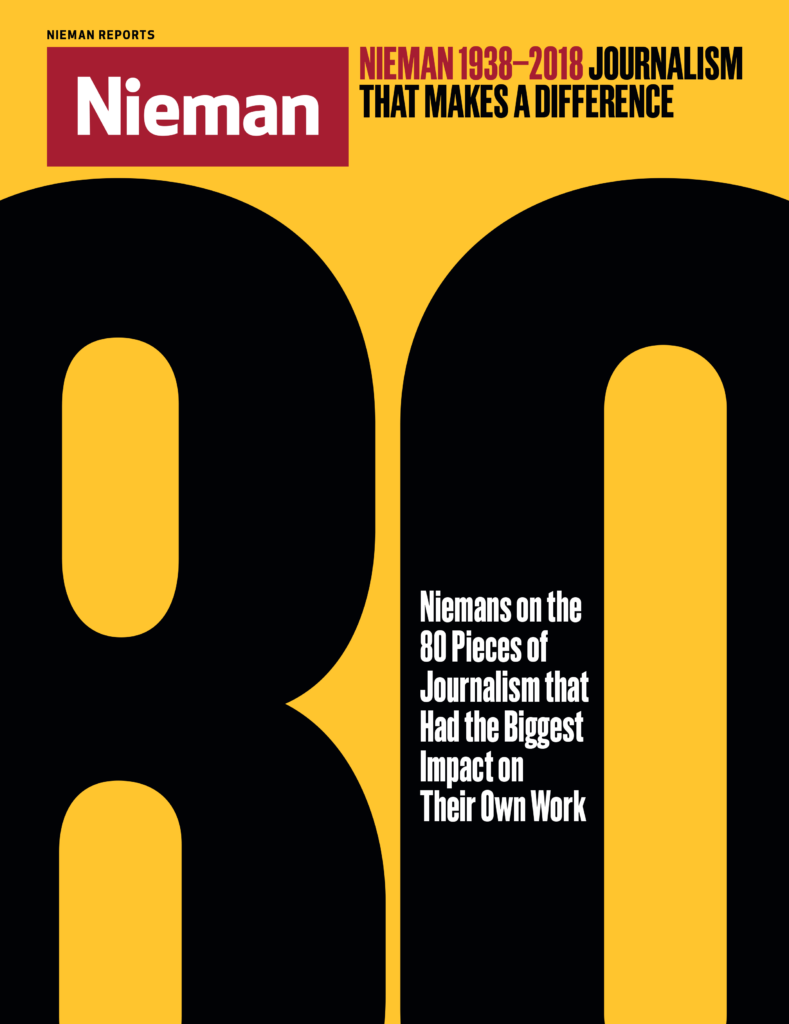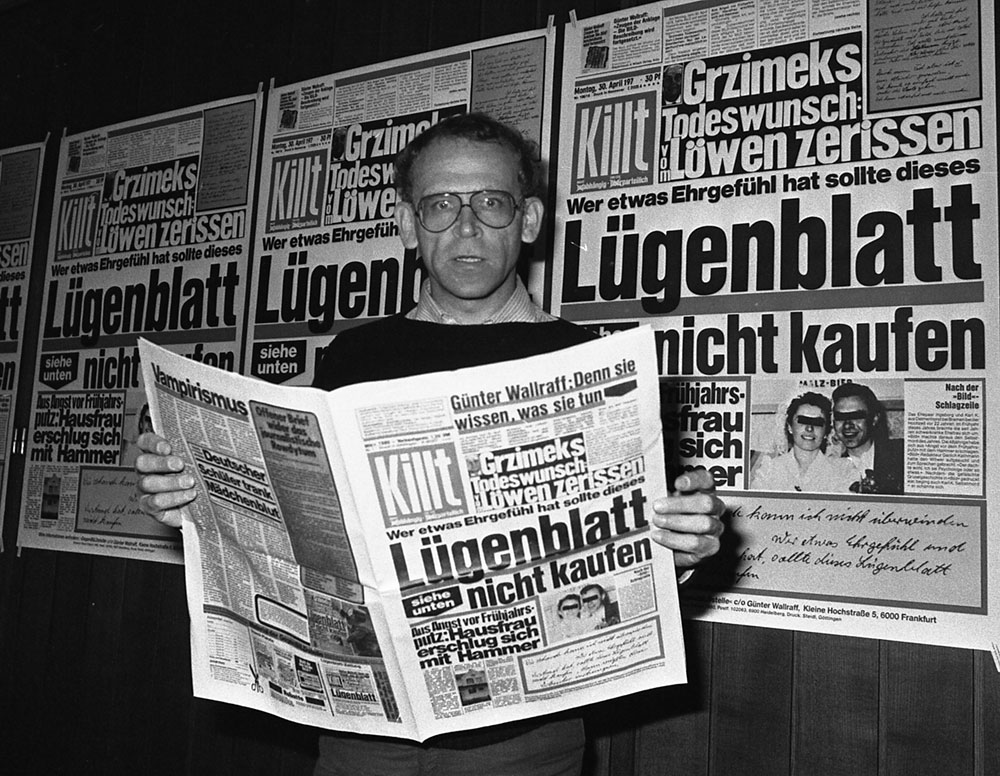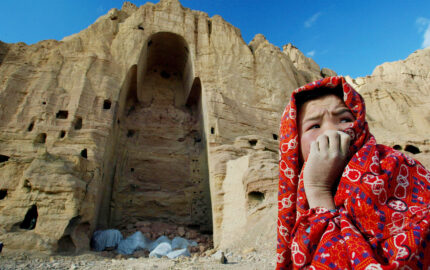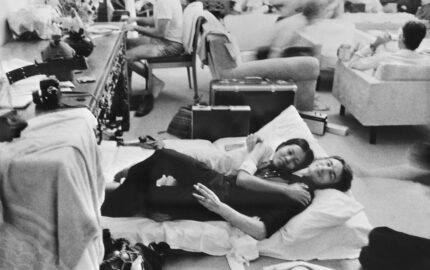
How are great journalists made? Often, it’s pieces of great journalism that help form them, influencing their lives or careers in an indelible way. To celebrate the Nieman Foundation for Journalism’s 80th anniversary in 2018, we asked Nieman Fellows to share works of journalism that in some way left a significant mark on them, their work or their beat, their country, or their culture. The result is what Nieman curator Ann Marie Lipinski calls “an accidental curriculum that has shaped generations of journalists.”
The work that made a difference to me as a new journalist is “Der Aufmacher: Der Mann, der bei Bild Hans Esser war” (“Lead Story: The Man Who Was Hans Esser at Bild”) by Günter Wallraff. Calling himself “Hans Esser,” Wallraff went undercover to work for a few months as an editor at the German tabloid Bild-Zeitung. He describes in detail how stories were written and edited to boost circulation. Common practice at Bild is distorting the truth by giving undue weight to a small detail and tampering with the facts. Wallraff’s work as an investigative reporter underscored for me the importance of fact-finding as a fundamental of journalism.
Der Aufmacher: Der Mann, der bei Bild Hans Esser war (Lead Story: The Man Who Was Hans Esser at Bild)
By Günter Wallraff
Kiepenheuer & Witsch, 1977
Translated from German
Excerpt
An editor at Bild, who Wallraff calls Thomas Schwindmann, gets word of a cold snap at a popular vacation spot. He sends reporter Michael Bartz to interview returning tourists. The headline—“Chaos, rain, hail”—is already written.
The first plane with Mallorca vacationers arrives, all tanned, all smiling. Bartz says: “I come because of the storm and the cold, because of the holiday that has fallen into the water.” The first tourist answers: “There was no thunderstorm, just amazing sun.”
Bartz sticks to it: “But we know that it was so. We have messages from our correspondents. Maybe you were not in Mallorca?”
But the plane did come from Mallorca and the other returnees tell only of bright sunshine. Bartz gives up. He calls his editor: “Mr. Schwindmann, there was no great storm and cold, they are all tanned.” Schwindmann responds : “Ask again, do not be so stupid!”
Taken from “Der Aufmacher. Der Mann, der bei BILD Hans Esser war” by Günter Wallraff (c) 1977, Verlag Kiepenheuer & Witsch, Cologne, Germany.



